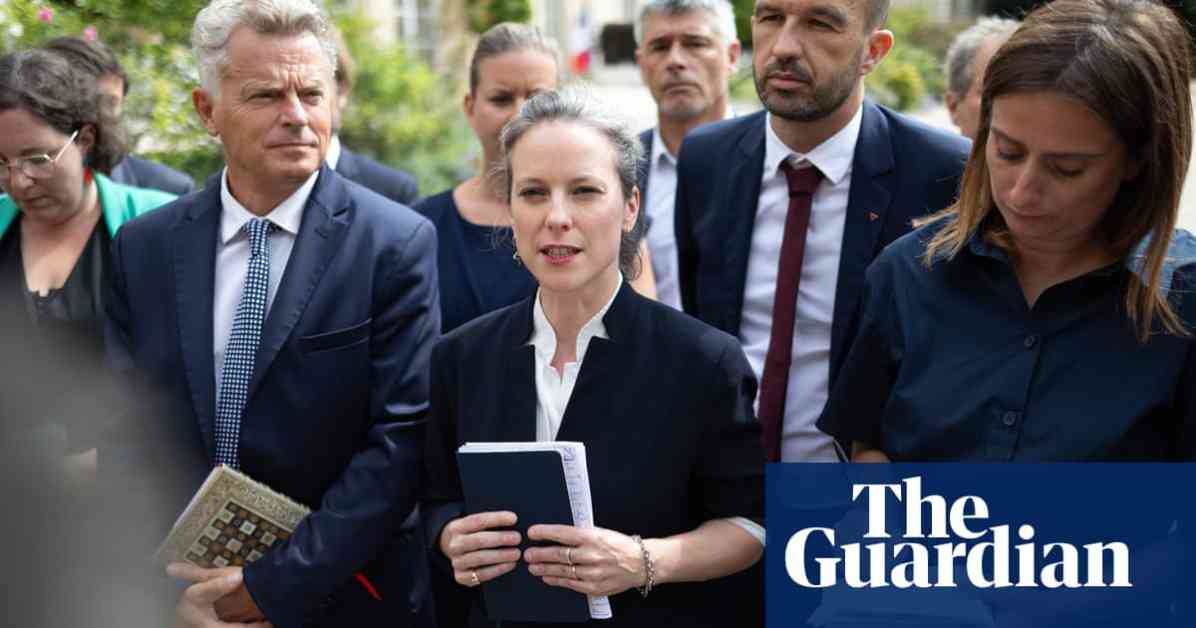France is currently experiencing a state of political turmoil following President Emmanuel Macron’s rejection of a leftwing coalition candidate for prime minister. The decision has sparked anger and threats of impeachment, as Macron’s refusal to choose a prime minister from the New Popular Front (NFP) has left the country in a state of uncertainty and division.
Political Stalemate
The recent snap election in France resulted in a divided Assemblée Nationale, with three roughly equal blocks – left, centre, and far right – none of which have a majority of seats. Macron’s attempt to break the political deadlock through consultations with party and parliamentary leaders has ultimately failed. The refusal to name the NFP’s candidate as prime minister has only deepened the divide and raised concerns about the stability of the government.
Reactions and Responses
The decision not to choose the NFP’s candidate has been met with strong opposition from the leftwing alliance. Jean-Luc Mélenchon, the president of France Unbowed (LFI), has accused Macron of creating an “exceptionally serious situation” and called for swift and firm action in response. LFI has even gone as far as to threaten impeachment of the president if a prime minister other than Lucie Castets is appointed.
Marine Tondelier, secretary general of the Greens, has also condemned Macron’s actions as a “disgrace” and “dangerous democratic irresponsibility.” The rejection of the NFP’s candidate has raised concerns about the president’s commitment to democracy and the will of the people as expressed through the election results.
Path Forward
In response to the backlash, Macron has announced another round of consultations with party leaders and veteran politicians to find a way forward. The president has emphasized the need for all political leaders to rise to the occasion and demonstrate a spirit of responsibility during this critical time. Macron’s focus on ensuring the country is not blocked or weakened highlights the challenges facing the government in forming a cohesive and effective leadership team.
The NFP, on the other hand, has made it clear that they will not participate in further talks unless it is to discuss the formation of a government. The leftwing alliance, which secured the most seats in the recent election, is firm in its stance that the new prime minister should come from its ranks. The nomination of Lucie Castets, an economist and director of financial affairs at Paris City Hall, as the NFP’s candidate underscores the coalition’s commitment to its own leadership choices.
The ongoing political turmoil in France underscores the challenges of forming a government in a deeply divided political landscape. The refusal to name a prime minister from the leftwing coalition has raised questions about the president’s commitment to inclusivity and consensus-building. As Macron and party leaders continue their consultations, the future of the government and the country remains uncertain.












